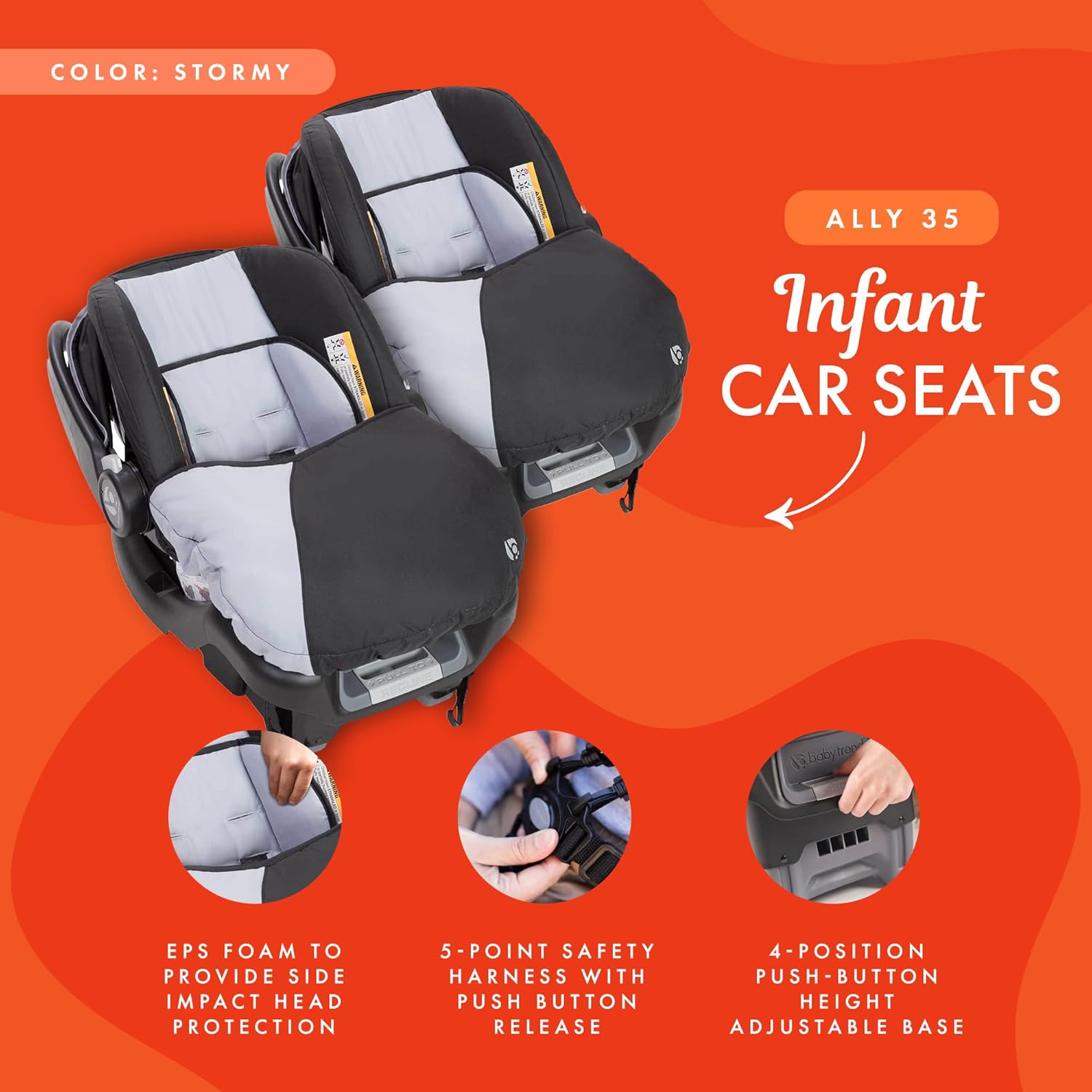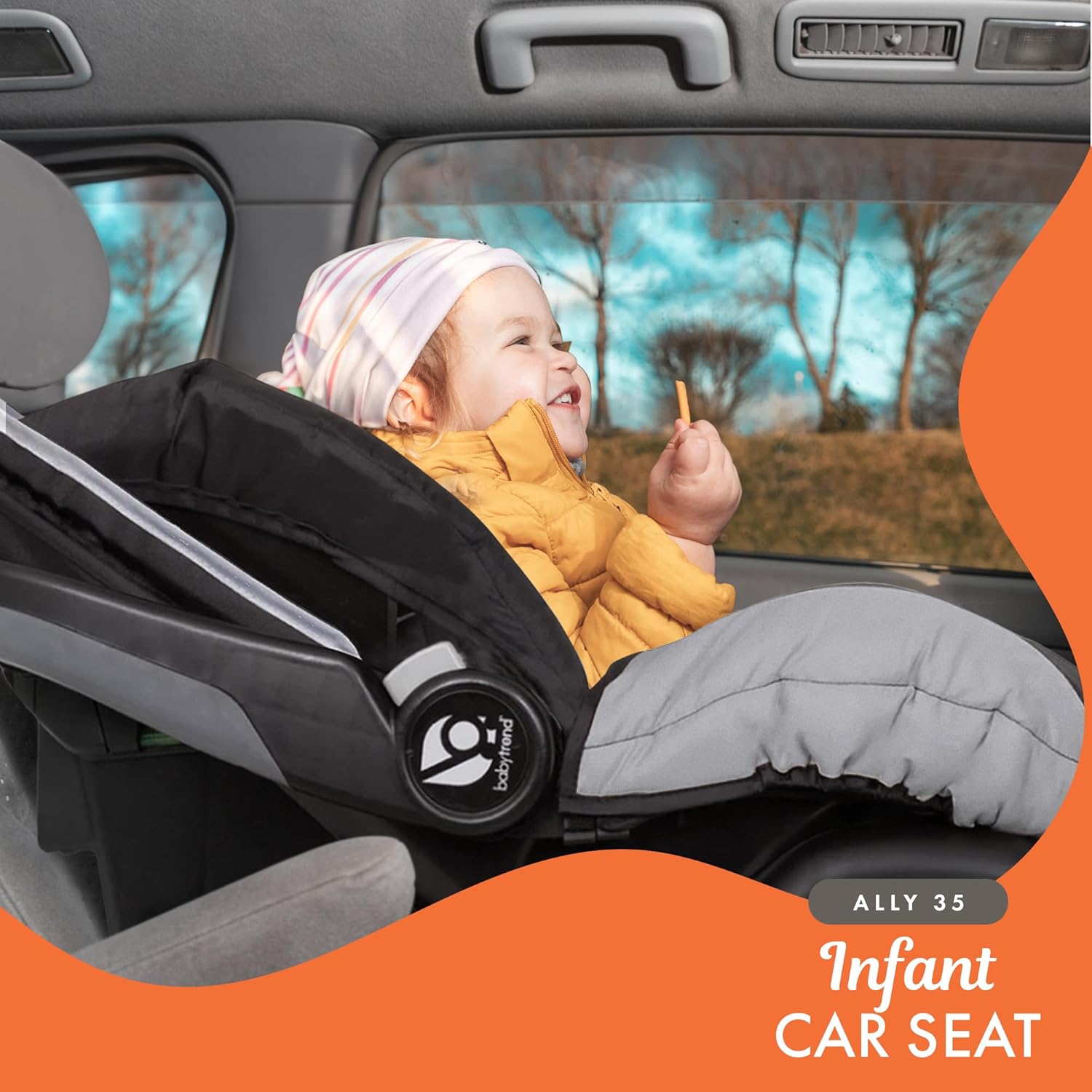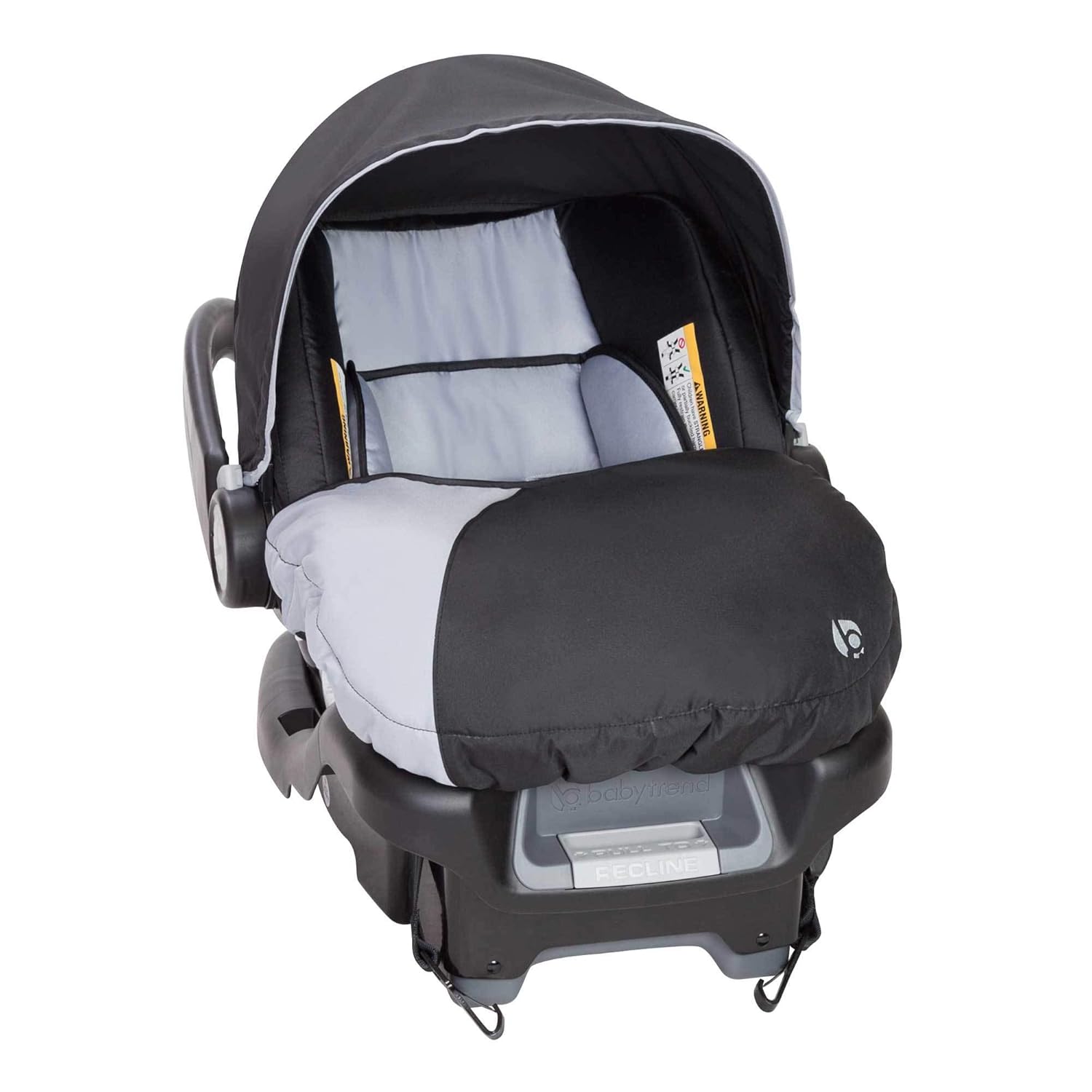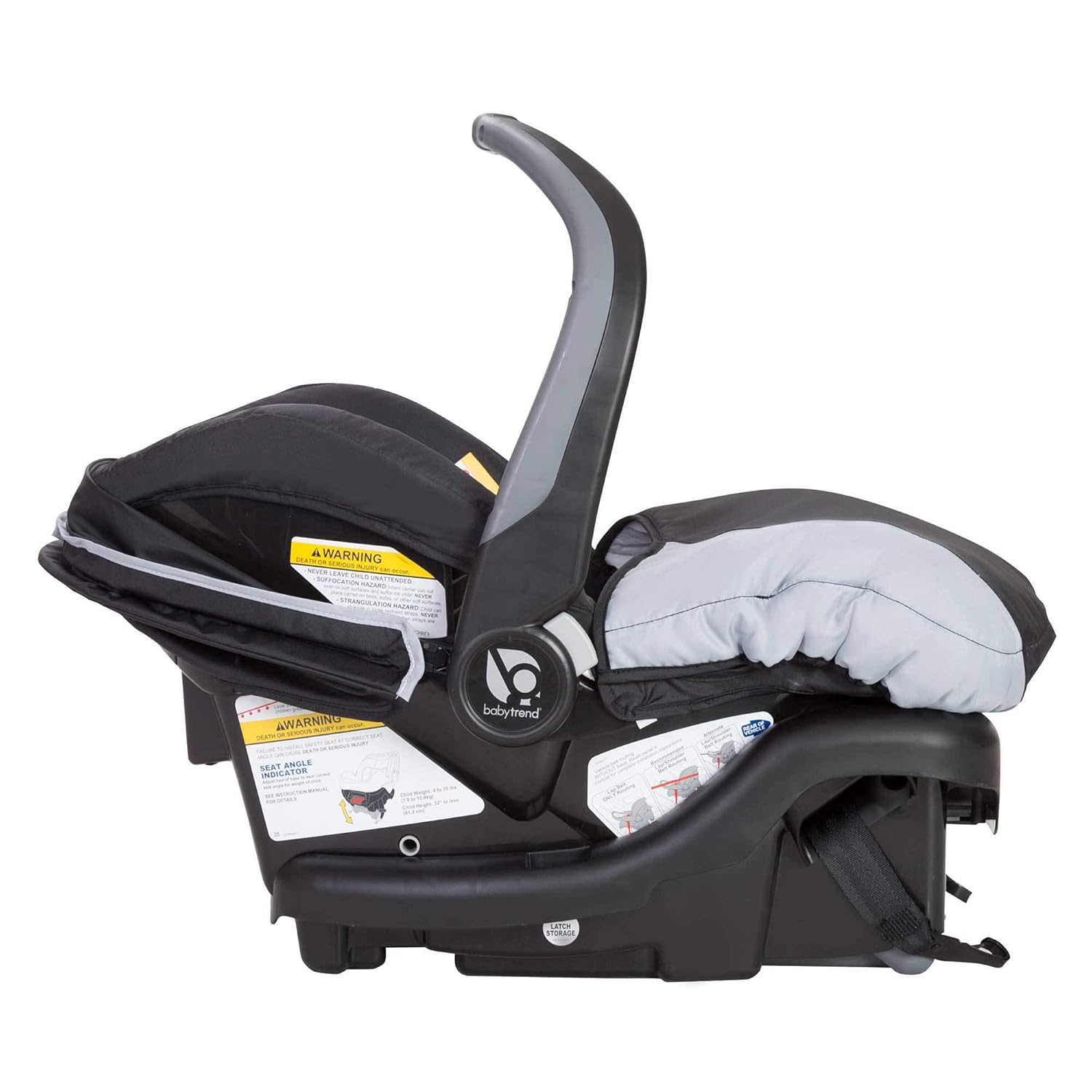








The Ultimate Guide to Car Seats for Babies: Comfort and Safety on the Road
When it comes to traveling with your little one, ensuring their safety and comfort is of utmost importance. Car seats for babies are not just legal requirements; they are essential for safeguarding your precious cargo during every car ride. In this comprehensive guide, we delve into what makes a good baby car seat, its specifications, features, durability, and ease of use.
What Are Baby Car Seats?
Baby car seats are specially designed seating systems that provide safety and comfort for infants and toddlers during transportation. They come in various styles and configurations to cater to the needs of growing children, ensuring they are securely strapped in while traveling.
Specifications of Quality Car Seats
Dimensions and Weight Capacity
A well-designed car seat typically measures around 27” x 18.5” x 25” (L x W x H) and weighs approximately 13 lbs. This dimension allows for a snug fit in most vehicles while providing enough space for the baby to sit comfortably. Importantly, these car seats cater to a maximum height of 32” and a weight capacity of 35 lbs, accommodating infants as they grow.
Reversible Design: Front and Rear Views
Many baby car seats feature a reversible design which allows parents to switch between front-facing and rear-facing positions. This adaptability is crucial as it enables parents to use the seat as their child grows.
Key Features of Baby Car Seats
Comfort Elements
Deluxe Seat Pads: Comfort can significantly impact your child’s mood during a ride. Look for car seats that have deluxe seat pads to provide an extra layer of cushioning.
Protective Sun Canopy: A sun canopy protects your little one from harmful UV rays during sunny outings, allowing for a comfortable ride without fear of sunburn.
Cozy Car Seat Cover: A car seat cover adds warmth, making it an essential feature during colder months, ensuring your baby feels snug and cozy.
Safety Features
Durable Construction
The safety of a baby car seat is paramount. Many high-quality models incorporate EPS energy-absorbing foam, effectively offering superior side impact protection. The robust construction not only enhances safety but also provides maximum comfort for your child.
5-Point Safety Harness
A secure 5-point adjustable safety harness is a must-have for any car seat. This feature ensures that your child is tightly secured, reducing the risk of injury during sudden stops.
Ease of Use: Installation and Adjustments
Built-in Belt Lock-Off
The built-in belt lock-off simplifies the installation process of the car seat with the vehicle’s belt system. This feature guarantees a snug fit, ensuring optimal safety.
Adjustable Harness System
An easy buckle safety harness allows for quick adjustments as your baby grows. This feature ensures ease of use for parents while providing advanced protection and security for the child.
Pros and Cons of Baby Car Seats
Pros
- Enhanced Safety: Designed specifically to protect your child during travel.
- Comfort Features: Equipped with seat pads and sun canopies for a pleasurable ride.
- Versatile Use: Reversible design allows for extended use as the child grows.
- User-Friendly Installation: Built-in lock-offs and adjustable straps make it easy to use.
Cons
- Weight: Some models can be heavier, making them cumbersome to carry.
- Space Requirements: Larger models may take up additional space in your vehicle.
- Expense: High-quality car seats can be more expensive upfront.
Why Investing in a Quality Car Seat Matters
Investing in a reliable and well-designed car seat assures parents that they are prioritizing their child’s safety. A good car seat can absorb impact and reduce injury risks in a crash. Safety is non-negotiable—making this investment worthwhile.
Common Questions About Car Seats
What Should I Look for When Buying a Car Seat?
When purchasing a car seat, consider safety ratings, ease of installation, comfort features, and the specific needs of your child’s age and weight.
How Often Should I Replace My Child’s Car Seat?
Car seats should be replaced after any moderate to severe crash, and it is recommended to review and potentially replace the seat every 6 to 10 years, depending on the manufacturer’s guidelines.
Are Used Car Seats Safe to Use?
Generally, it is not advisable to use a used car seat unless you are sure of its history. Ensure it comes with the original labels, hasn’t been involved in a crash, and is not recalled.
How Should I Install a Baby Car Seat?
Refer to the manufacturer’s instructions and ensure you secure it tightly using either the vehicle’s seat belt or lower anchors. The car seat should not move more than an inch when tested at the base.
Can I Use a Baby Car Seat on an Airplane?
Most airlines allow approved car seats on board, but check in advance for your specific airline’s policy. Ensure the car seat is labeled for aircraft use.
Conclusion
Choosing the right car seat for your baby is critical for safety and comfort during travel. By considering the specifications, features, construction quality, and ease of use of various models, you can find the perfect car seat to suit your needs. Prioritizing your child’s safety will give you peace of mind on the road, ensuring a happier journey for both parent and child.
FAQs
-
What age can my child transition to a booster seat?
- Most children should transition to a booster seat when they exceed the weight and height limits of a forward-facing car seat, usually between ages 4 to 7.
-
How do I know if my car seat is installed correctly?
- Check that the car seat does not move more than an inch from side to side or front to back at the base. Additionally, consult the manufacturer’s instruction manual for guidance.
-
Can I wash my baby car seat cover?
- Yes, many car seat covers are machine washable, but always check the care label for specific cleaning instructions.
-
What is the safest position for a car seat in the car?
- The safest position for a car seat is generally in the middle of the rear seat, away from active airbags.
- Do I need to buy a new car seat for each vehicle?
- While it’s not mandatory, having a separate car seat for each vehicle can significantly ease the hassle of transferring between cars.








